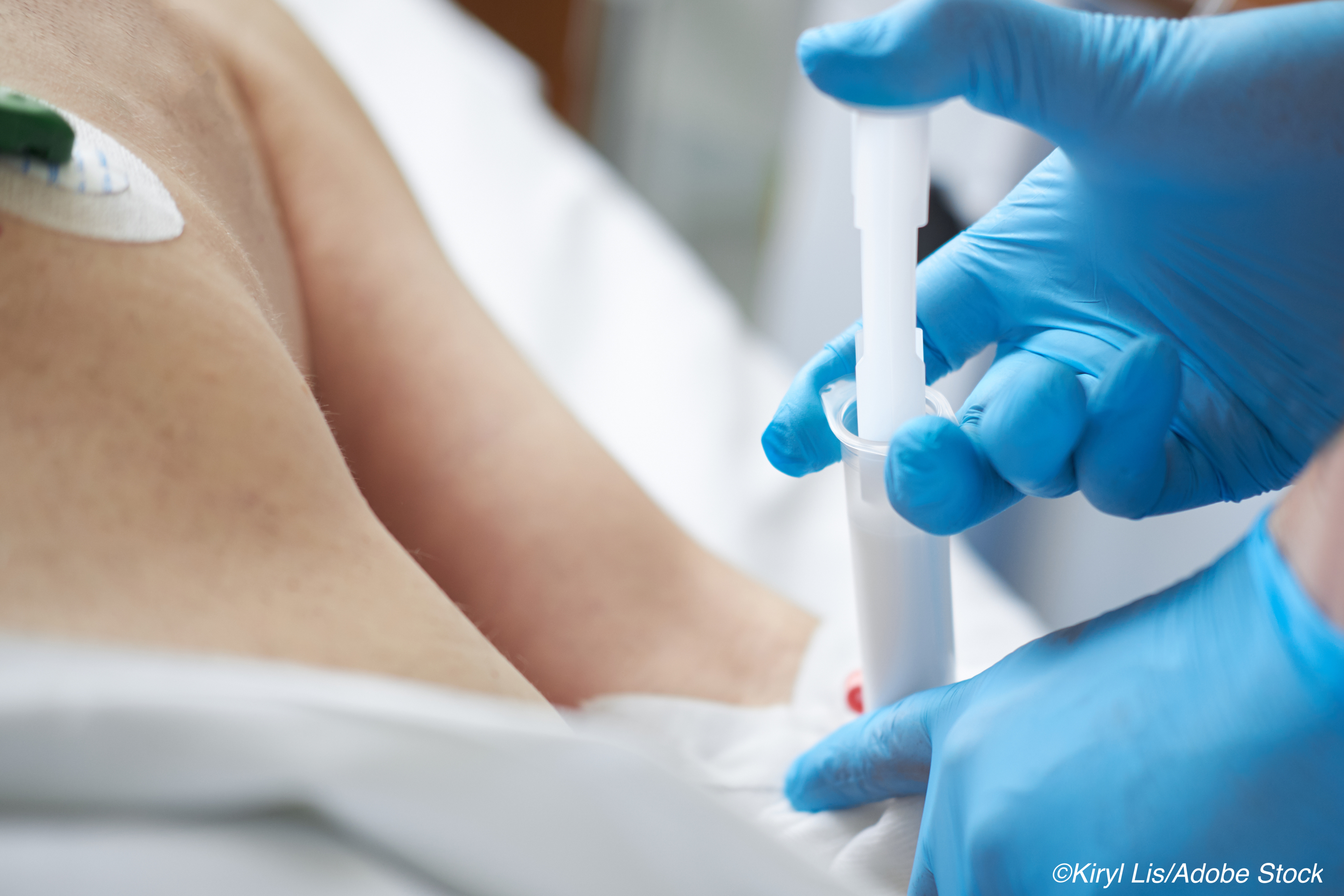
The study findings showed no evidence that sedation with dexmedetomidine resulted in more days alive without acute brain dysfunction, and no between-group differences were reported in ventilator-free days at 28 days, death at 90 days or global cognition at 6 months among severely ill sepsis patients at high risk for acute respiratory distress syndrome (ARDS).
Writing in the New England Journal of Medicine, published online February 2, researcher Christopher G. Hughes, MD, of Vanderbilt University Medical Center, Nashville, and colleagues noted that prior studies have suggested meaningful differences between dexmedetomidine and GABAergic sedatives like propofol in innate immunity and risk of infection, including evidence that dexmedetomidine use may be associated with superior anti-inflammatory effects.
“Despite these theoretical benefits and studies supporting the use of dexmedetomidine, the choice between dexmedetomidine and propofol alone does not appear to substantially affect patient outcomes in the complex milieu of critical illness with sepsis,” they wrote.
They added that their findings “strongly reinforce” current treatment guidelines by the Society of Critical Care Medicine (SCCM) and others recommending either of the two drugs in patients on mechanical ventilation to achieve light sedation.
The MENDS2 trial findings were presented at the virtual annual meeting of the SCCM, in conjunction with the publication.
The multicenter, double-blind trial included 422 sepsis patients on mechanical ventilation randomly assigned to receive dexmedetomidine (0.2 to 1.5 μg per kilogram of body weight per hour) or propofol (5 to 50 μg per kilogram per minute) with doses adjusted by attending nurses to achieve target sedation goals set by clinicians according the Richmond Agitation-Sedation Scale (RASS), with scores ranging from unresponsive (−5) to combative (+4).
The primary study endpoint was days alive without delirium or coma during the 14-day intervention period, and secondary endpoints included ventilator-free days at 28 days and death at 90 days.
A total of 214 patients received dexmedetomidine at a median dose of 0.27 μg per kilogram per hour, and 208 received propofol at a median dose of 10.21 μg per kilogram per minute.
The median duration of treatment with a trial drug was 3 days (IQR, 2-6 days), and the median RASS score was −2.0 (IQR, −3 to −1).
Among the main trial findings:
- No significant difference was shown between dexmedetomidine and propofol in the number of days alive without delirium or coma during the 14-day intervention period (adjusted median, 10.7 vs 10.8 days; odds ratio, 0.96, 95% CI, 0.74-1.26).
- No significant between group difference was shown for ventilator-free days (adjusted media, 23.7 vs 24.0 days, odds ratio, 0.98, 95% CI, 0.63-1.51).
- No significant between group difference was shown for death at 90 days (38% vs 39%; hazard ratio, 1.06, 95% CI, 0.74-1.52).
- No significant between group difference was shown for Telephone Interview for Cognitive Status questionnaire score at 6 months (adjusted median score, 40.9 vs 41.4; odds ratio, 0.94, 95% CI, 0.66-1.33).
Study limitations cited by the researchers included the inadvertent unmasking of the group assignment to clinicians or the research team, with episodes of unmasking occurring in 14% of patients and some cross-contamination of sedative use. Enrollment was also slower than anticipated.
“Overall, we believe that we studied a representative population of patients with sepsis in centers across the United States and provide more definitive evidence regarding the choice of sedation in critically ill patients with sepsis who require mechanical ventilation,” the researchers wrote.
“Our trial showed that among critically ill adults with sepsis who were receiving mechanical ventilation and for whom recommended light-sedation approaches were used, dexmedetomidine did not lead to better outcomes than propofol with respect to days alive without acute brain dysfunction, ventilator-free days, death at 90 days, or cognition at 6 months,” the researchers concluded.
-
Light sedation involving dexmedetomidine was not associated with better short- and longer-term outcomes compared to treatment with the GABA-agonist propofol among sepsis patients on mechanical ventilation.
-
The randomzied MENDS2 trial did not find sedation with dexmedetomidine to be associated with more days alive without acute brain dysfunction or ventilator-free days at 28 days.
Salynn Boyles, Contributing Writer, BreakingMED™
The MENDS2 Study was funded by the National Institutes of Health.
Lead resarcher Christopher G. Hughes reported no relevant conflicts related to this research.
Cat ID: 573
Topic ID: 569,573,573,577,730,192,925,347



Create Post
Twitter/X Preview
Logout